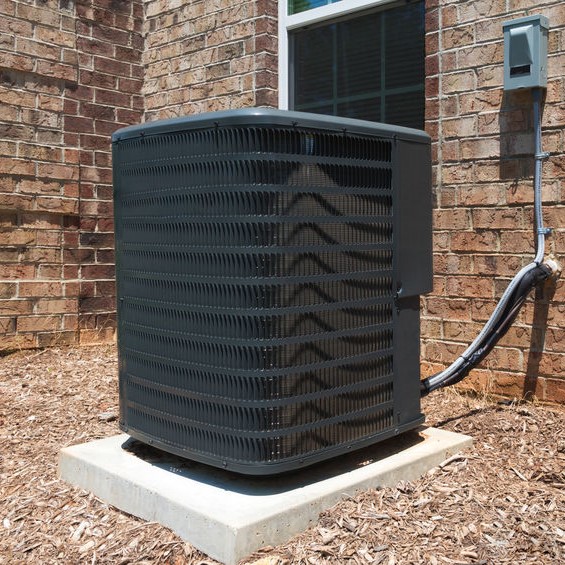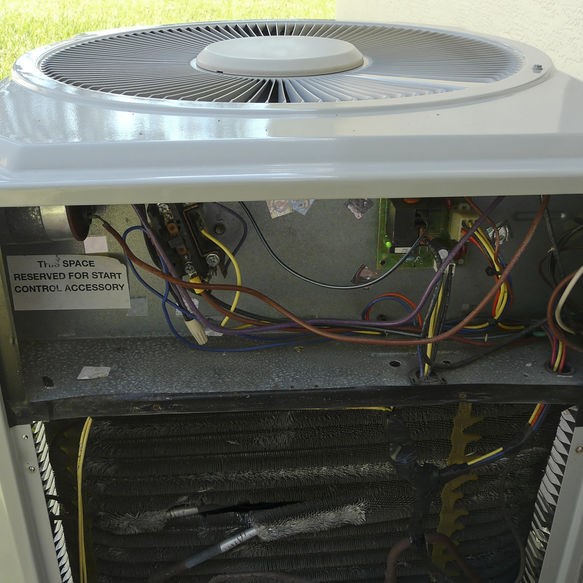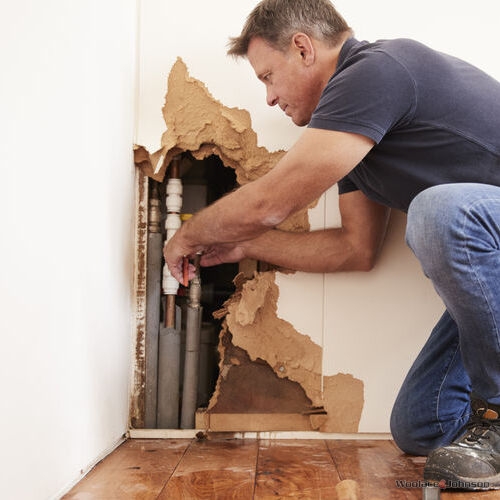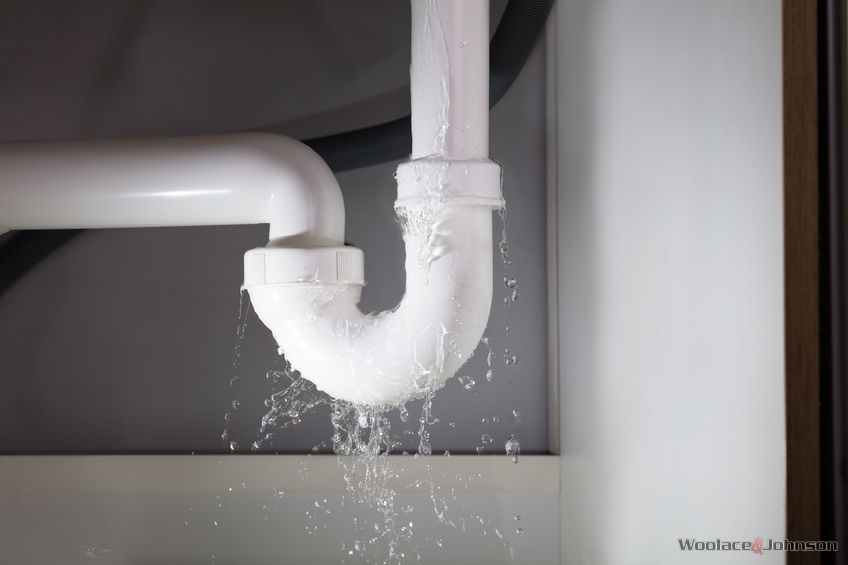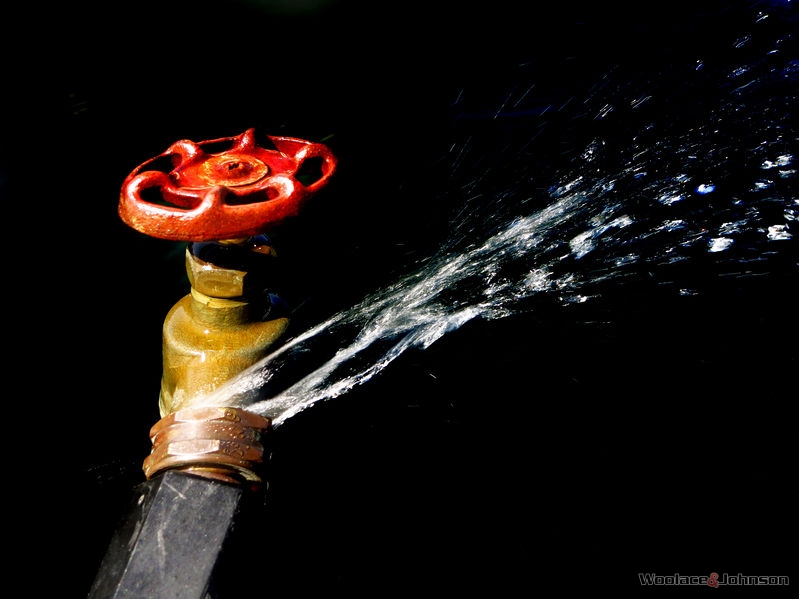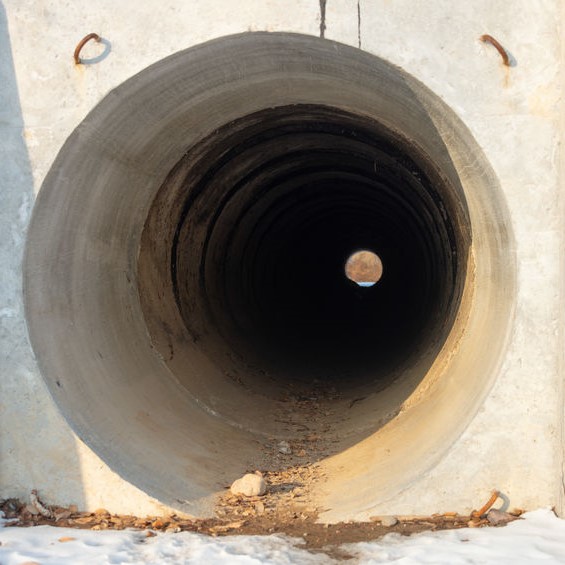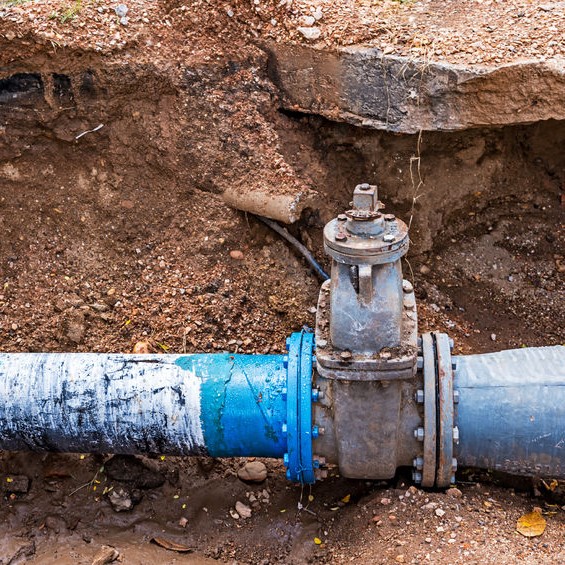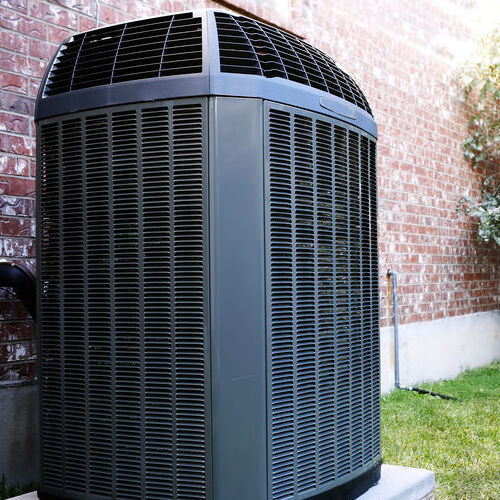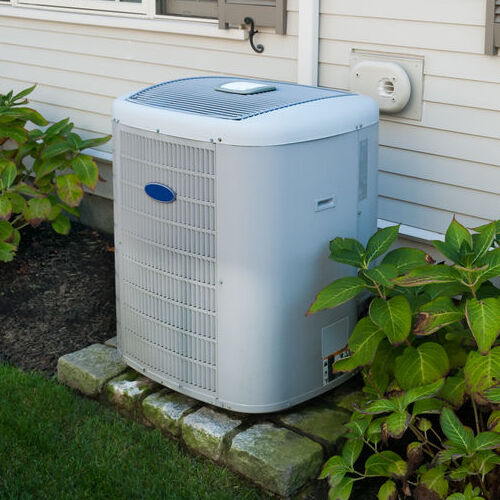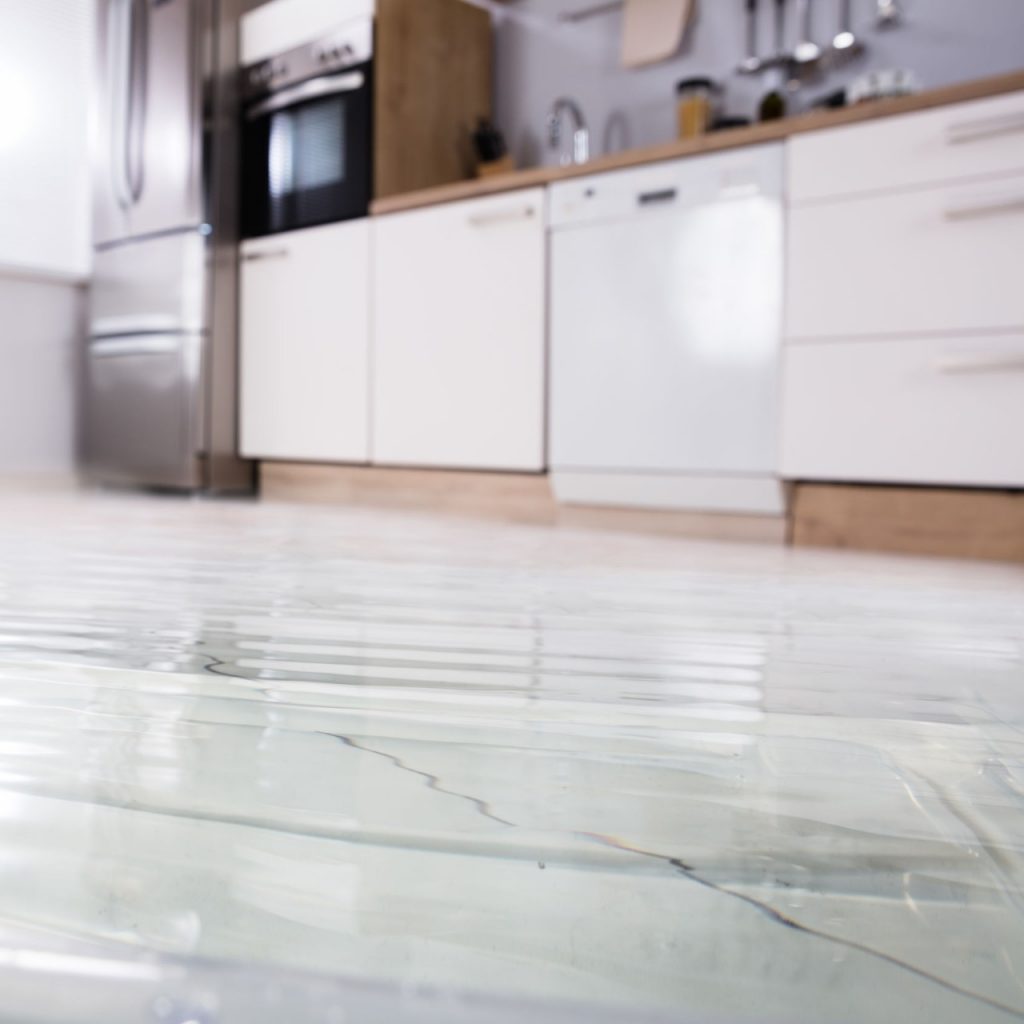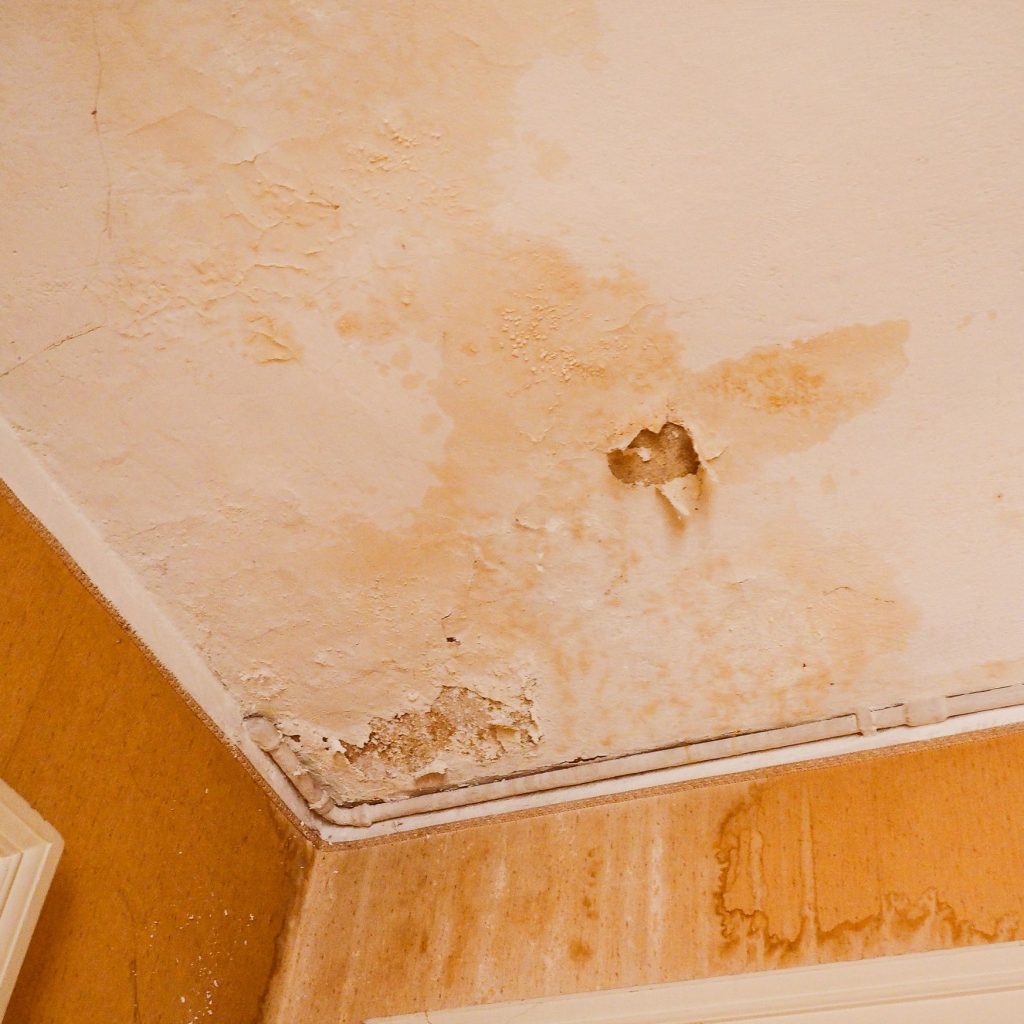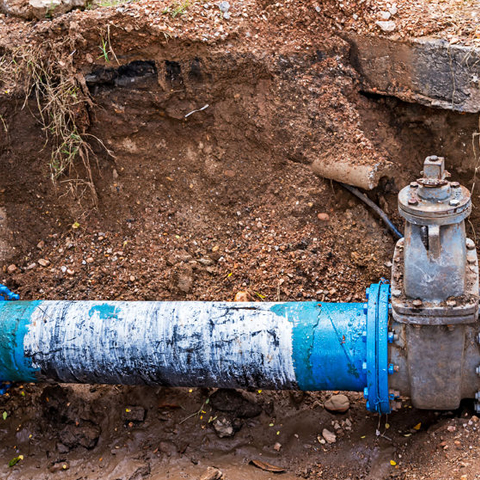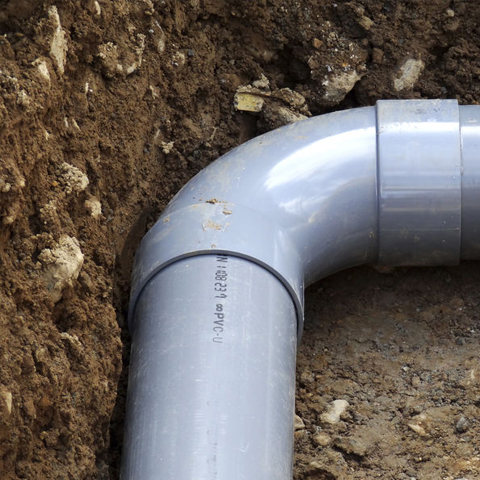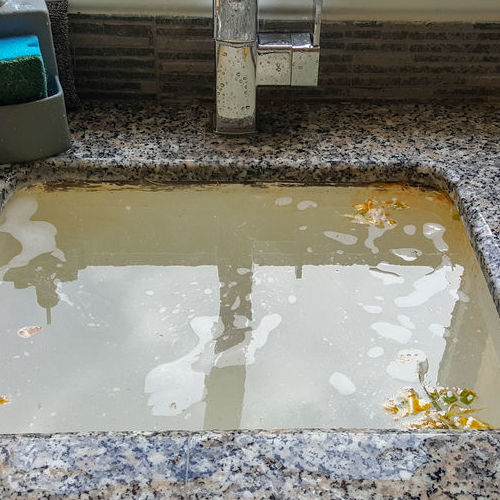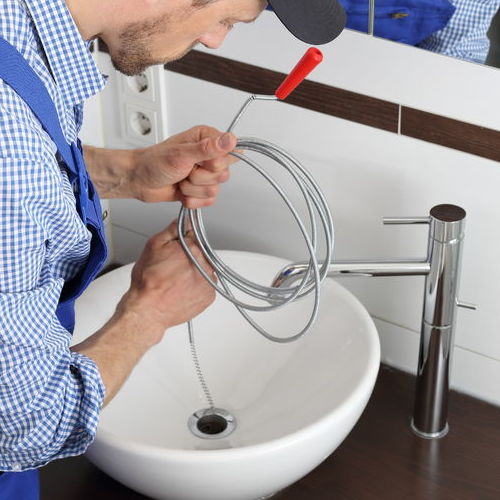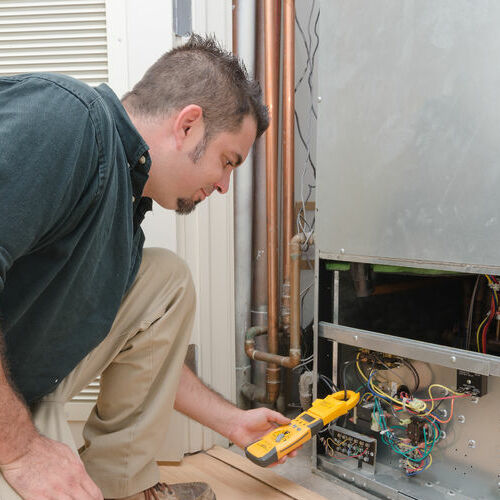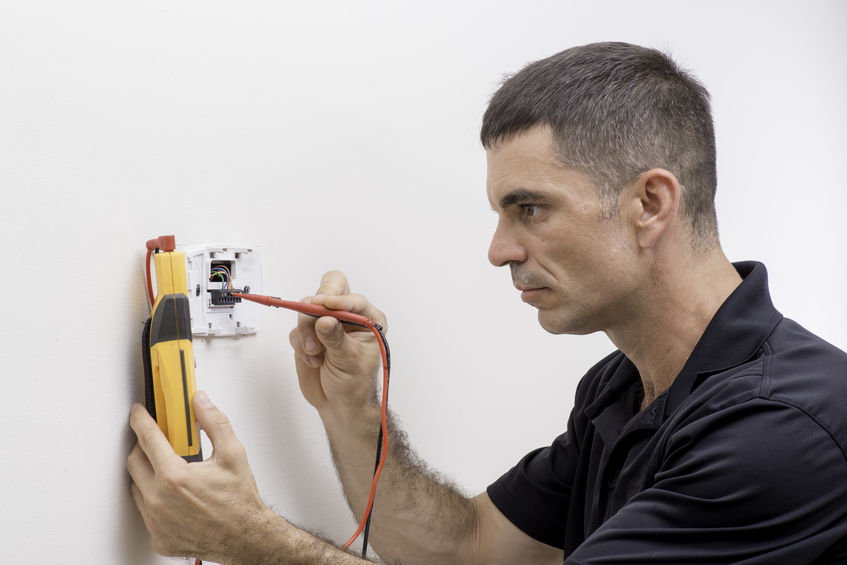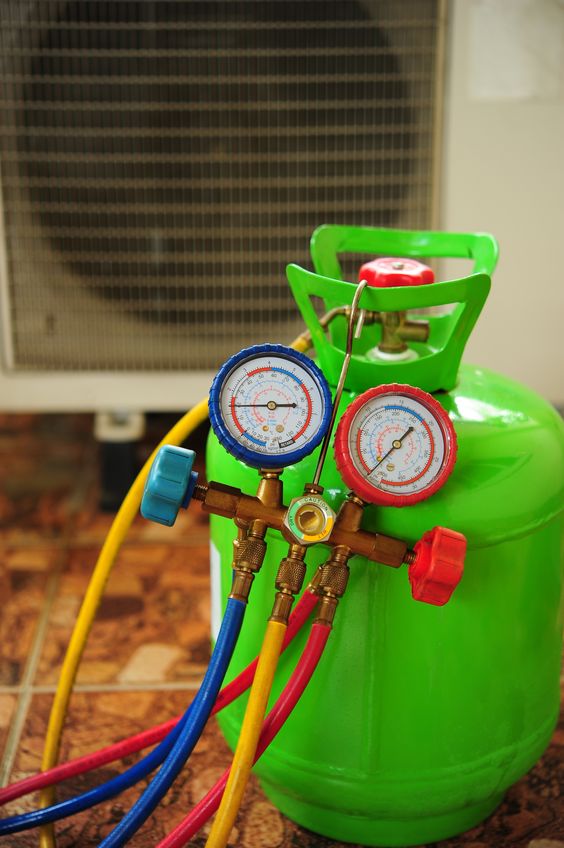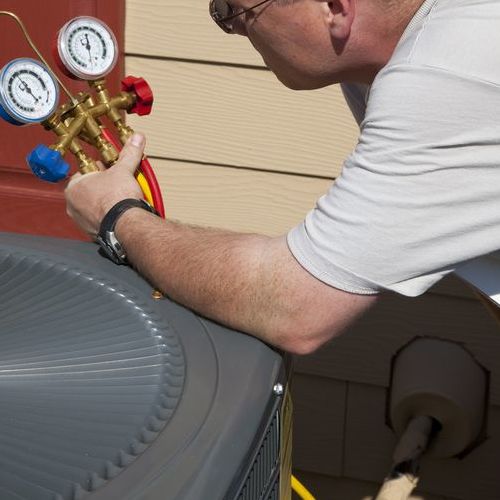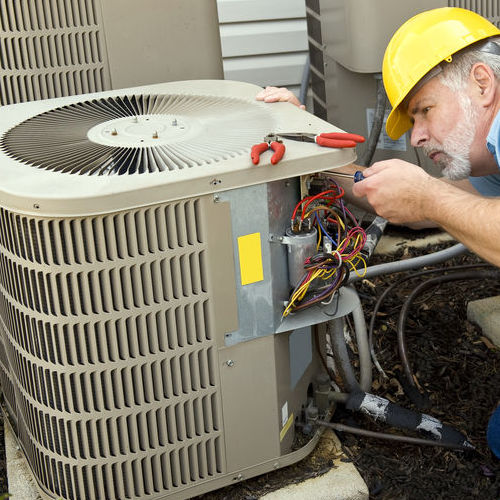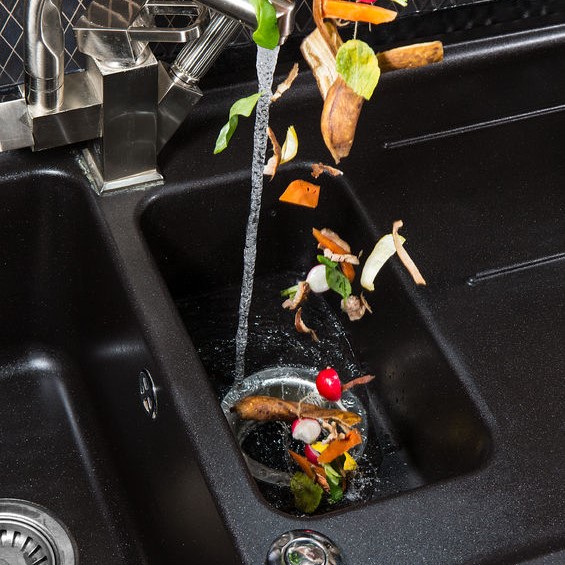
Keeping your garbage disposal at its best
The garbage disposal. If there is one thing in the kitchen that gets abused, but nobody gives it a second thought, it would be garbage disposal. You’re cooking a family meal and all of the sudden your garbage disposal quits. Don’t laugh, Thanksgiving is coming soon. Is this garbage disposal repair going to derail the meal or is it a quick fix?
As the sink if filling up with water and food particles, your first thought may be, “Can I run the dishwasher if the garbage disposal is broken?”. You can, but there is a good chance the dishes will still be dirty. Even worse, the dishwasher and the sink could overflow, then you’ll really have a mess on your hands.
Before you panic about garbage disposal repair and replacement possibilities, read on as we answer some basic questions about garbage disposal repair. This may not be as bad as you’re thinking, or it could be worse, depends on your personality type. We understand that Fixing a broken garbage disposal isn’t on your agenda Thanksgiving morning, or any other time, but you may find yourself in this scenario.
How do I know my garbage disposal is broken?
The design and purpose of garbage disposals are to shred food up and wash on down the pipes and into the sewer pipes. This helps keep the pipes clean and clog-free, which is great in helping keep the kitchen clean – unit it isn’t doing that.
When the garbage disposal has a problem, all things to do with the kitchen stops. Is the garbage disposal broken for good or is garage disposal repair possible? Here are five signs garbage disposal is broken and Thanksgiving dinner prep is temporarily halted:
- Noises: A garbage disposal makes noises, rather loud and rough sounding. When those noises are a stranger or unusual noise from the norm, you need to check into it through the sink drain. By all means, first, UNPLUG the garbage disposal first! With a flashlight, look down in the drain and see if there is anything hung up in the blades. It could be a lid, a small dish, a utensil, even a dishrag. If you find something, you can do a garbage disposal repair and remove the item. Plug the garbage disposal back in and test it. If you’re still hearing the sounds, unplug it again and call a plumber.
- Odors: Sometimes, in the midst of cooking a meal, we forget to do a last cleaning rinse of the garbage disposal. Then the old food and waste sit inside and start to smell. However, if you have done the final clean rinse and run of the garbage disposal and you’re smelling something, there is probably some stubborn food particles stuck. Sadly, you’ll need a professional garbage disposal repair for this problem. If the unit is 15 years old or older, time to start shopping for a new one.
- Won’t Turn On: If your garbage disposal isn’t turning on, a simple garbage disposal repair to try is to push the reset button. If that doesn’t work, check the circuit breaker. Is it still not turning on? Call your plumber.
- Water Leaking: Nothing is going to last forever, especially garbage disposals. As we mentioned at the beginning of this article, the garbage disposal is abused yet neglected. It is definitely the kitchen’s unsung hero. Between the eighth and fifteenth year of your garbage disposal installation, you can expect water to start leaking from it, along with any food particles that left inside. There isn’t a garbage disposal repair for this – it is done. Time to pick out a new one and have it installed.
- Constant Resetting: If you frequently have to press the reset button because the unit quits working, then your garbage disposal is headed to the end of the road. The reset button shouldn’t have to be pressed on any regular basis and there isn’t any garbage disposal repair, the unit needs to be replaced.
Why is my disposal humming and not working?
As mentioned above, a odd noise or sound coming from your garbage disposal is usually an indication that something is jammed inside, hung up in the blades. If your garbage disposal won’t spin as normal and there is a humming sound coming from it when you turn it on, try the reset button first. If that didn’t fix it. Then UNPLUG the unit and check inside the drain to see if there is something jammed around the blades. If none of this attempt at garbage disposal repair doesn’t work, then call your plumber.
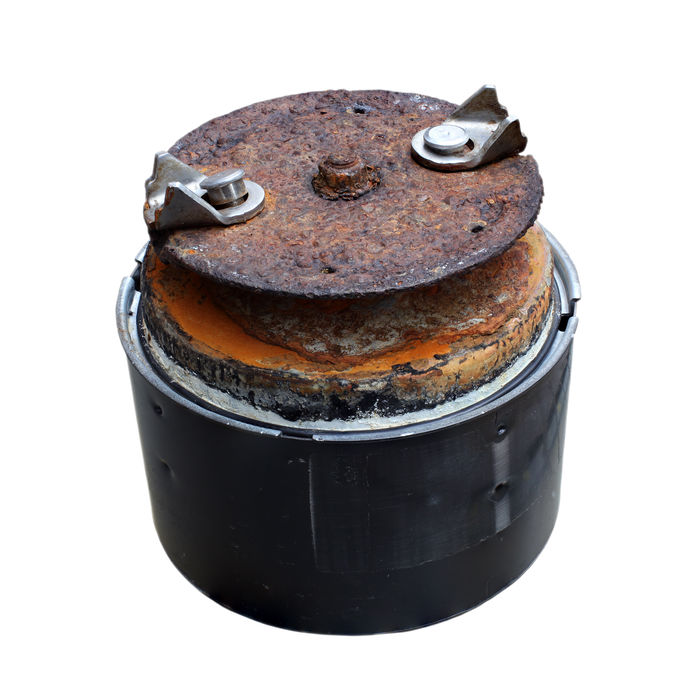
Can I replace garbage disposal myself?
Even if you don’t have experience in how to fix a garbage disposal, if you have any handyman type abilities, it is pretty straight forward. Most garbage disposals will come with instructions and if you get one that doesn’t go to the company’s website and look for instruction. If nothing there, there are plenty of YouTube videos and the big box home improvement stores have videos as well.
Before you begin, make sure the unit is off at the wall switch and unplugged. Turn the circuit breaker to the sink/dishwasher off. Follow the instruction and/or video exactly as instructed, and you’ll have your new garbage disposal installed and ready to start grinding in under an hour!
Are you concerned about how long does a typical garbage disposal last? With Thanksgiving and other big holidays coming up, you may be concerned about some strange noises your garbage disposal has had recently. You want to get any garbage disposal repair done now and out of the way, or if a replacement is what needs to be done, better now than a month from now, right? Well, the average life span of garbage disposal is 10 years. If you’re not sure how old your unit is, look under the sink and there should be a label on the unit with the serial number and manufactured date, this can give you an idea if it is time to start shopping for a replacement unit. Call 419-546-8424 today for garbage disposal repair in Stryker, Bryan, and Napoleon, OH.

